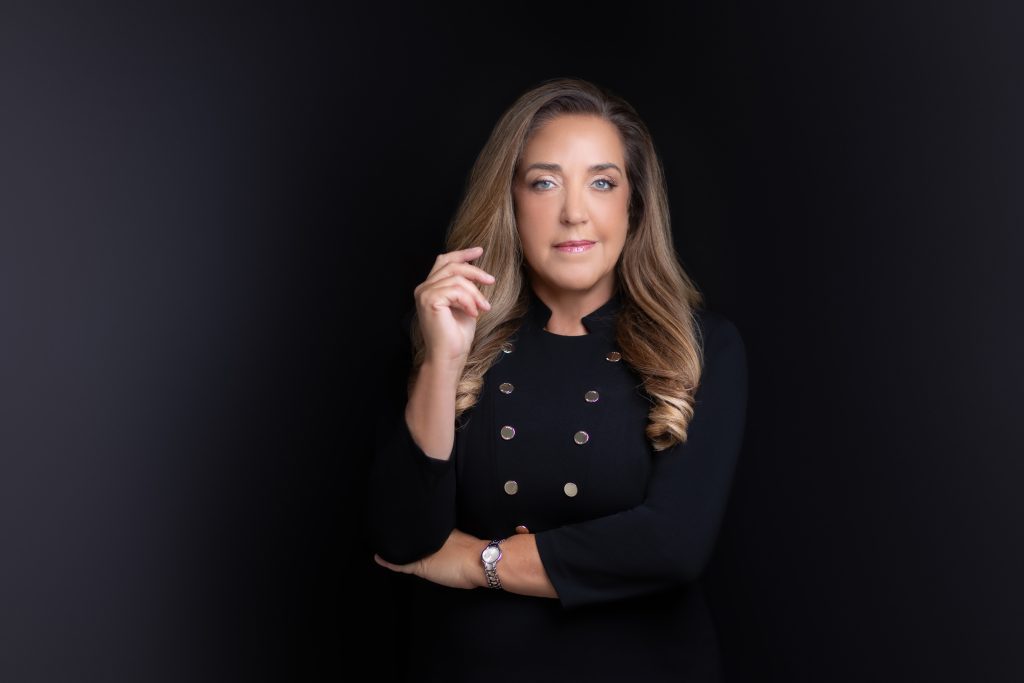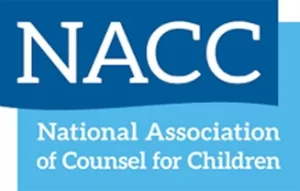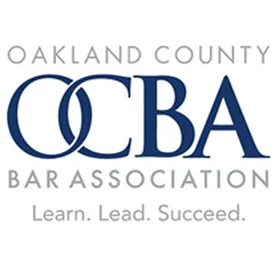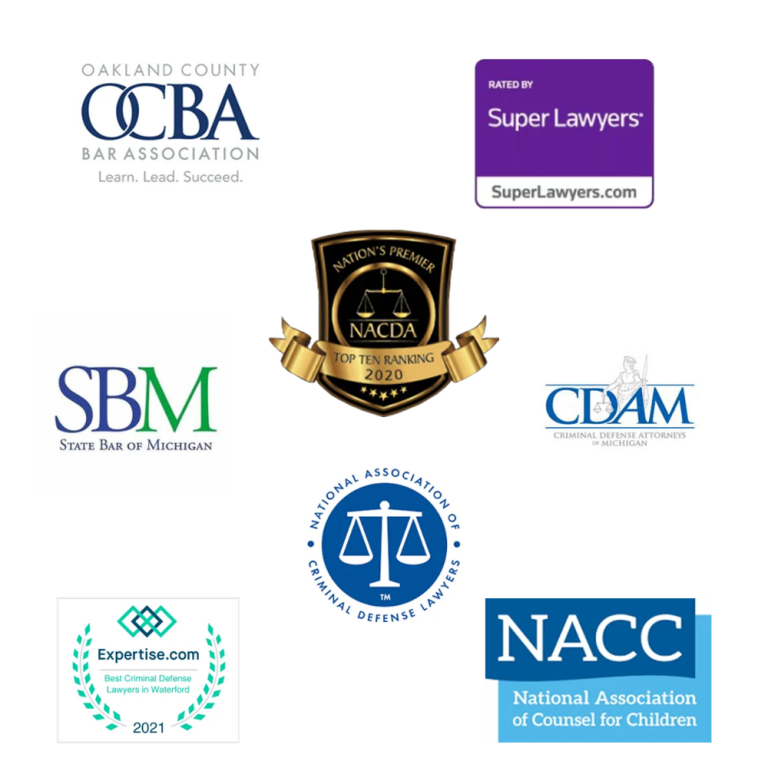Why parents could face false allegations of child abuse?
On Behalf of Kirsch Daskas Law Group | Oct 13, 2020 | Criminal Defense
You’re going about your day, possibly hard at work at your office or maybe making dinner now that the whole family is home for the evening. All of a sudden, there’s a knock at the door or call on your phone. It’s Child Protective Services, and they need to talk to you.
Without knowing why, you find yourself facing brutal questioning and scrutiny from state workers who seem to think that you have intentionally mistreated your child. How do people wind up facing inaccurate allegations of child abuse?
Sometimes, mandated reporters just get the situation wrong
Those in a position of authority over children often have a legal obligation to report evidence of child abuse or neglect to the state. If a doctor, child care provider, therapist or teacher thinks that your child’s black eye is the result of a parent with a bad temper rather than poor balance on their bike, they might call the state in order to make sure that the child isn’t enduring abuse at home.
Sometimes, children can make accusations to get out of trouble
If your child was just about to get detention for a week for talking back or starting a fight with another student, they might try to make themselves seem sympathetic in order to avoid punishment.
Children and teenagers don’t always understand the consequences of their behavior, and they might think that manufacturing a story of abuse will save them from trouble. Unfortunately, that can mean that a child makes up claims that their parent hits in order to make it seem like they just didn’t know better.
Your ex may want to use allegations to manipulate custody proceedings
If you have recently filed for divorce or if your spouse has decided to file but have not yet told you, they might attempt to fabricate abuse allegations in order to sway the outcome of the divorce in their favor.
It is possible for parents facing allegations of child abuse to successfully defend themselves in court, although doing so often requires legal assistance.










